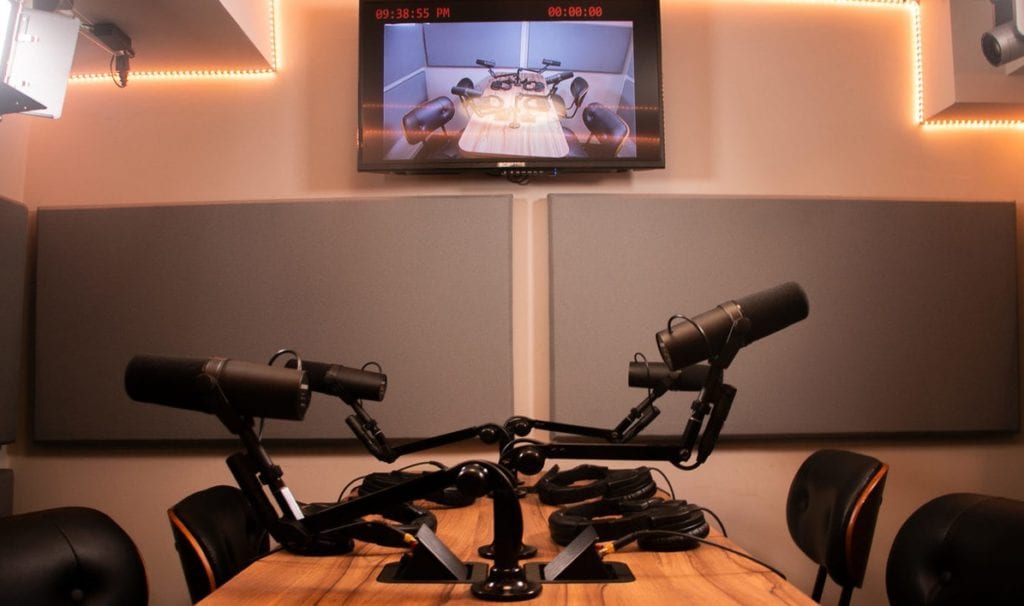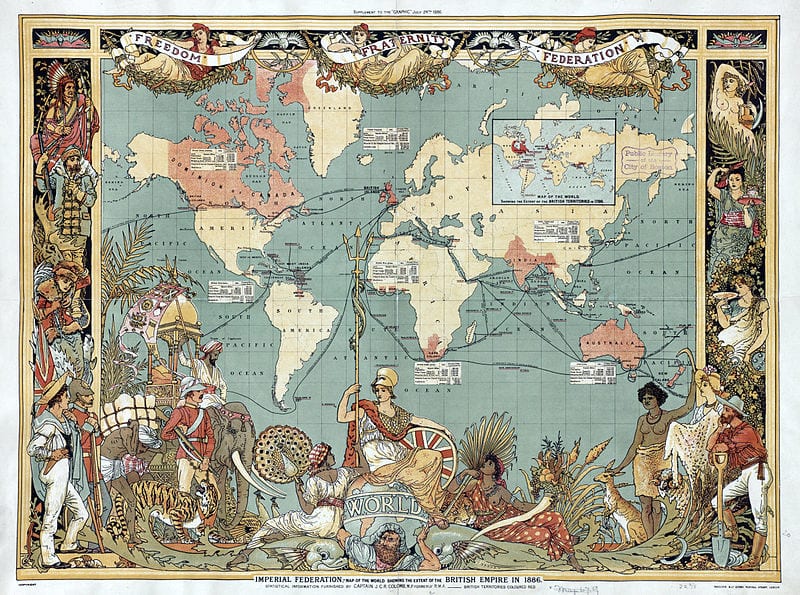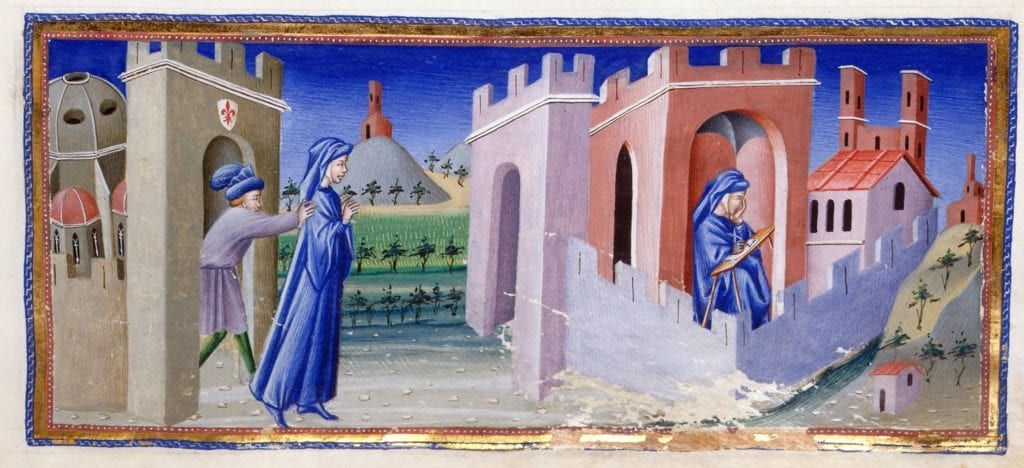In May, the Humanities Council invited University faculty and research staff to experiment with new forms of scholarly exchange in direct response to our unprecedented environment. Offering a special round of David A. Gardner ’69 Magic Mini-Grants, the Council called for innovation in sustaining the forward momentum of humanities research, with attention to outward-facing projects and community partnerships.
The Council is pleased to announce that 27 Rapid Response grants have been awarded to projects led by 35 faculty and research staff from 26 different departments and programs across campus.
Several projects will experiment with digital platforms. “Low-Latency Audio Hardware for Musicians” will equip students to perform or compose live ensemble music while isolated; the “Virtual VizE Lab” will support remote ethnography using computers and cell phones; and “Human-Robot Interaction” will enhance the virtual design of buildings.

The initiatives respond to our seismic societal shifts, tackling themes such as diversity, race, and access.
For the “Fugitive Sounds” project, graduate and undergraduate students will document and perform the songs of enslaved musicians. In “Captured+Escaped,” Princeton and Brazilian researchers will examine images of slavery in Brazil. “Pathologies of Difference” will map geographical intersections of art and colonial medicine in the British Empire.
Expanding on “ways of being alone together,” the Princeton University Art Museum will partner with local organizations to bring special digital programming to Spanish speakers in central New Jersey. Student interns for “The Pandemic Portal” will dive into public health reports, news, and social media revealing how Black communities have handled the COVID-19 crisis.

A new podcast called “Tigers in Translation” will feature Princeton students narrating their experiences of using languages other than English at home. Another project will create multimedia documents inspecting the historical, legal, sociopolitical, and scientific conditions—including gendered and racialized inequalities—that either make possible or prohibit the act of breathing.
Other projects develop public humanities resources benefiting high school students. “Historical Micro-Docs” will dramatize the past through two-minute video blasts, hooking even the most distractible viewers.
Careers in the humanities and higher education are the focus of projects in African American Studies and Classics.
Arts projects include “resilient-distant-creative,” which will virtually convene individuals to create artwork about migration, and a “Global Summer Painting Workshop.”

See the full list of projects here.
















